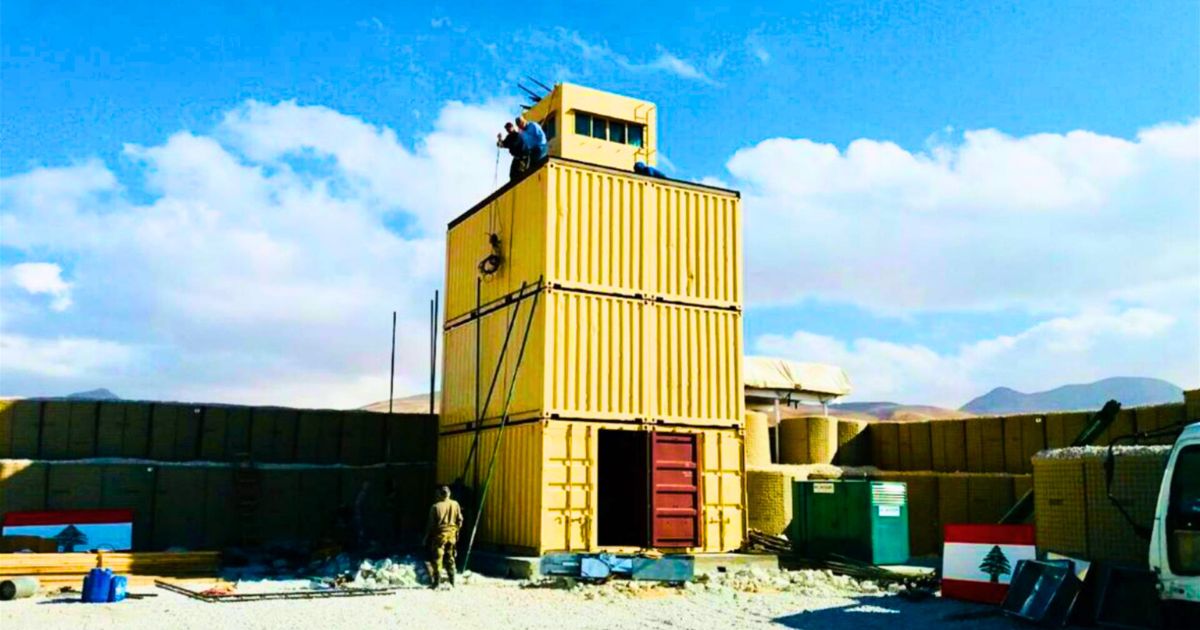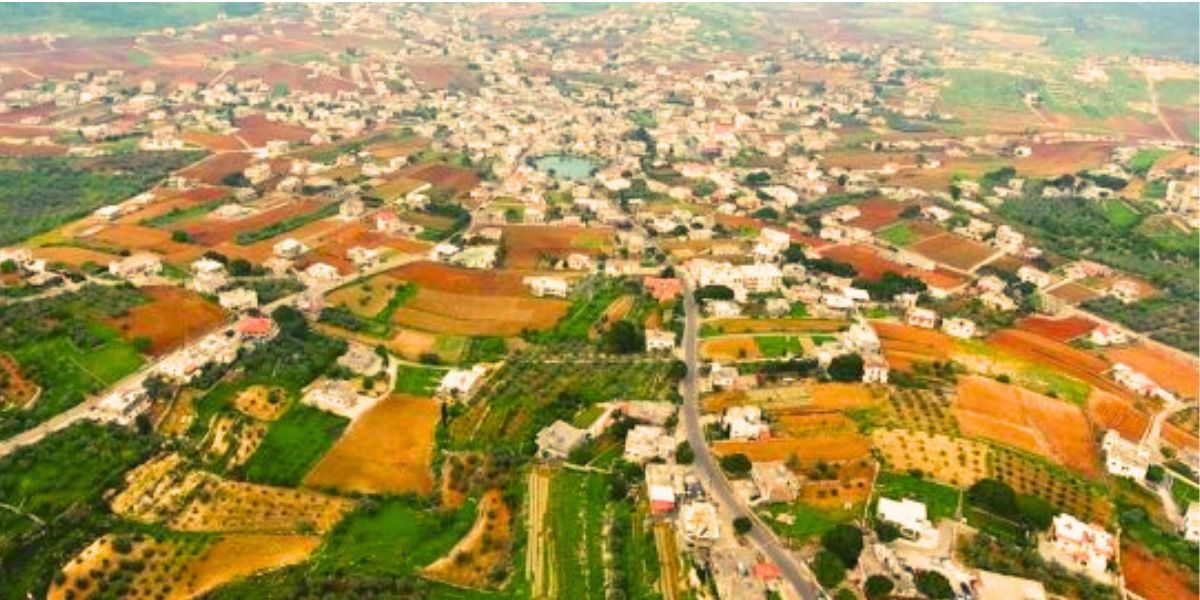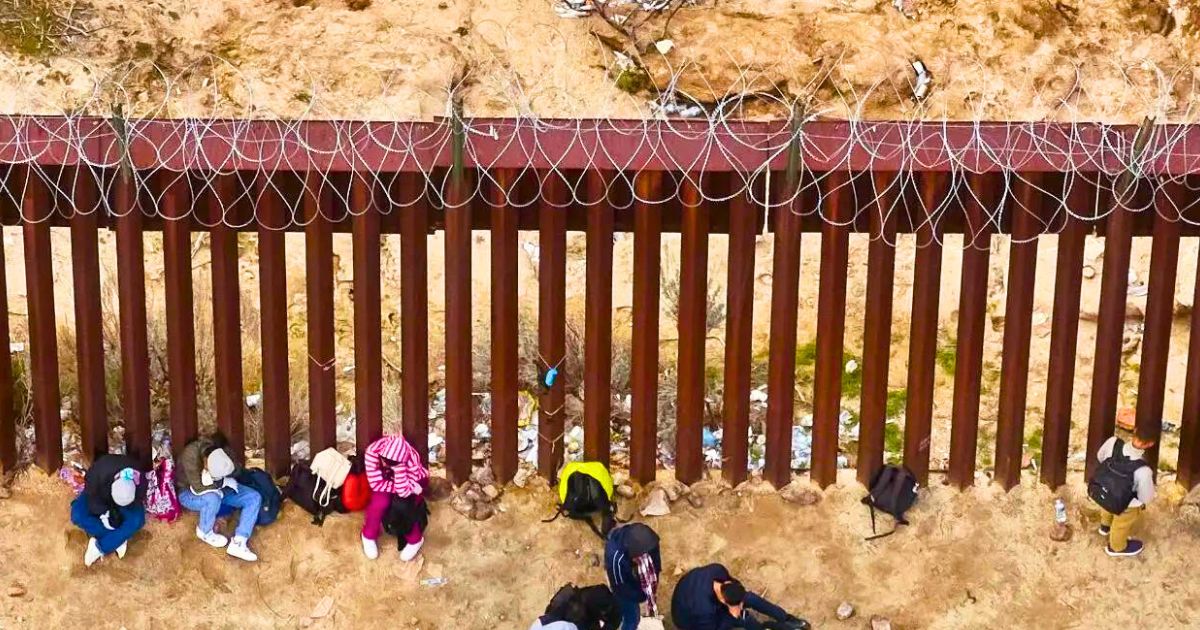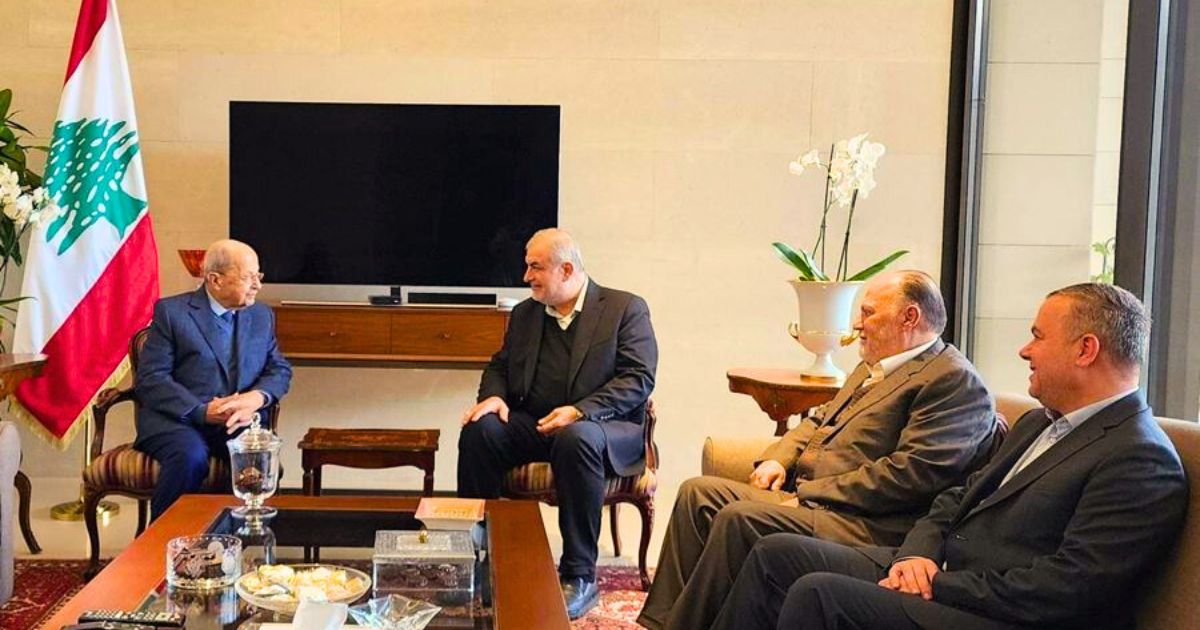If US President Donald Trump’s policy toward Hezbollah were to be described in two words, they would be, in his own words, “maximum pressure.”
Since Trump took office, the Middle East in general has seen drastic political changes. The same can be said for Lebanon, particularly when it comes to its most controversial party: Hezbollah.
And to understand how Trump’s policy has affected Hezbollah in recent months and years, one should observe how it has affected its sponsor, Iran.
Maximum Pressure
Unlike his predecessor Barack Obama’s agenda, Trump’s approach to dealing with Iran has been more aggressive, on various levels, rather than coaxing and appeasing.
Since he abandoned the nuclear deal with Iran in 2018, which Obama had made possible during his term, Trump has been unloading round after round of sanctions on Iran, gradually choking its economy and eliminating its trade routes.
Coupled with brief but decisive military action, namely the assassination of Iran’s senior military officer Qasem Soleimani earlier this year, the heavy sanctions have been keeping true to the “maximum pressure” approach that the Trump administration adopted against the country.
Naturally, this pressure and its heavy impact reached the Iran-backed Hezbollah in Lebanon, which has been open about its significant reliance (70% of Hezbollah’s annual budget, or around $700 million) on the country for funding and armament.
In addition to the financial challenge that it has shared with Iran, Hezbollah has had to cut its spending due to several local hurdles that have been causing it additional financial distress, prompting its leader Hassan Nasrallah to ask on his supporters to donate funds back in March.
For the past year, Lebanon’s economy has been rapidly collapsing and its national currency depreciated by more than 80% against the US dollar in just a few months.
Hezbollah vs Sanctions
Naturally, this also took its toll on the group and delivered an additional blow to its financial stability.
Perhaps capitalizing on this weak point, the Trump administration has recently been directly and aggressively targeting not only Hezbollah-affiliated individuals and businesses but even the group’s allies in Lebanon.
The sanctions, which coincide with the Caesar Act that is exhausting the Syrian regime, became an effective deterrent to businessmen and companies, in Lebanon and overseas, that had been providing large donations to Hezbollah.
In the past month alone, for instance, the US imposed sanctions on two former Lebanese ministers, accusing them of engaging in corruption and providing material support to Hezbollah, and on two companies linked to the group.
Through both direct and indirect sanctions, the Trump administration further constrained Hezbollah’s local sources of revenue while reducing the capacity of its primary, external source, Iran, and the secondary, individual sources.
In the long-term, the continuation of the “maximum pressure” policy against Iran and, consequently, Hezbollah, can only be expected to have more detrimental effects on both.
This seems to be the likely scenario in case Donald Trump gets elected for another term.
On the other hand, if his rival Joe Biden wins, he is expected to reduce hostilities with Iran and restore a more diplomatic and pragmatic policy, similar to Obama’s.
The crippling “wall-to-wall” sanctions that Trump has been imposing would no longer be the standard approach when dealing with Iran – though pressure will likely remain – and more space for communication and improved relations will be made available with Biden.
This would, in turn, mean less pressure on Hezbollah and a new opportunity for it to thrive financially.
Whichever the case, the upcoming November US election’s outcome will undoubtedly have a significant effect on the future of Iran and Hezbollah and, ultimately, Lebanon and the region.

















